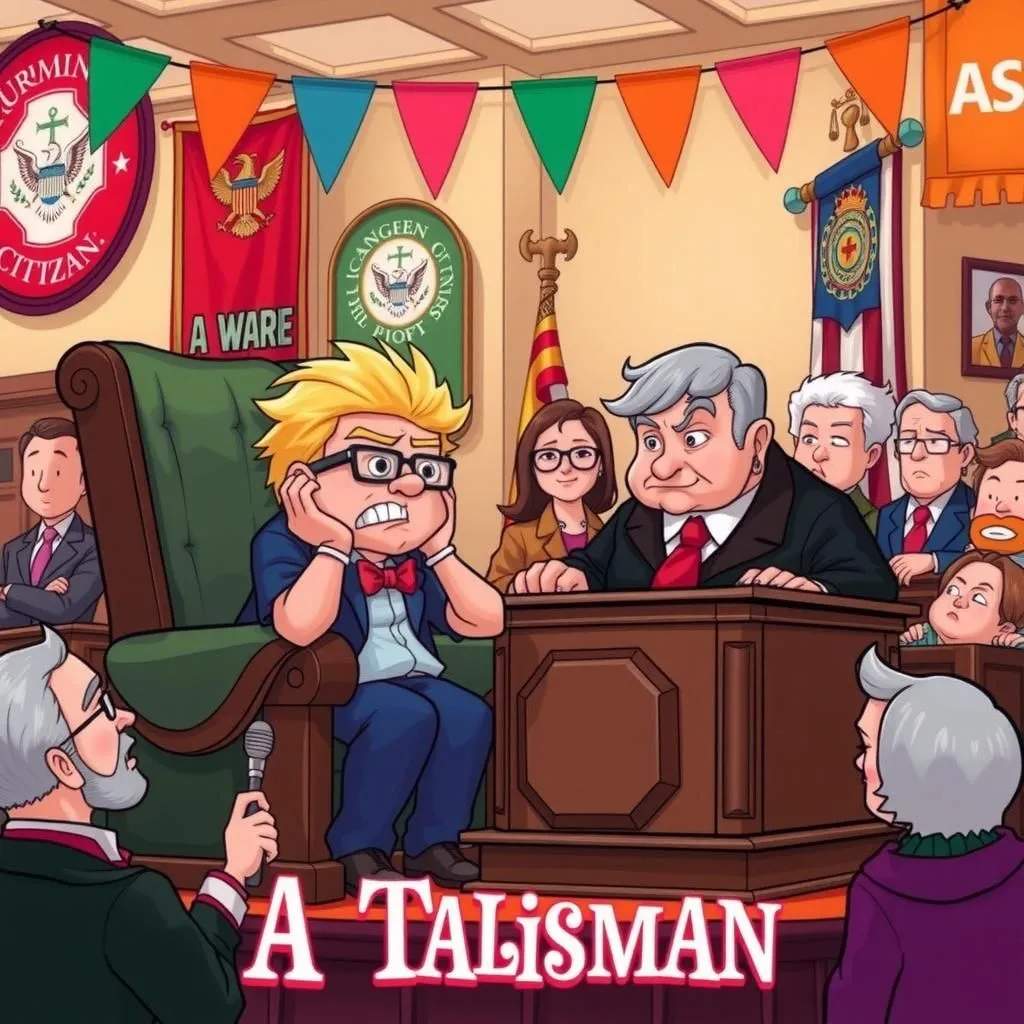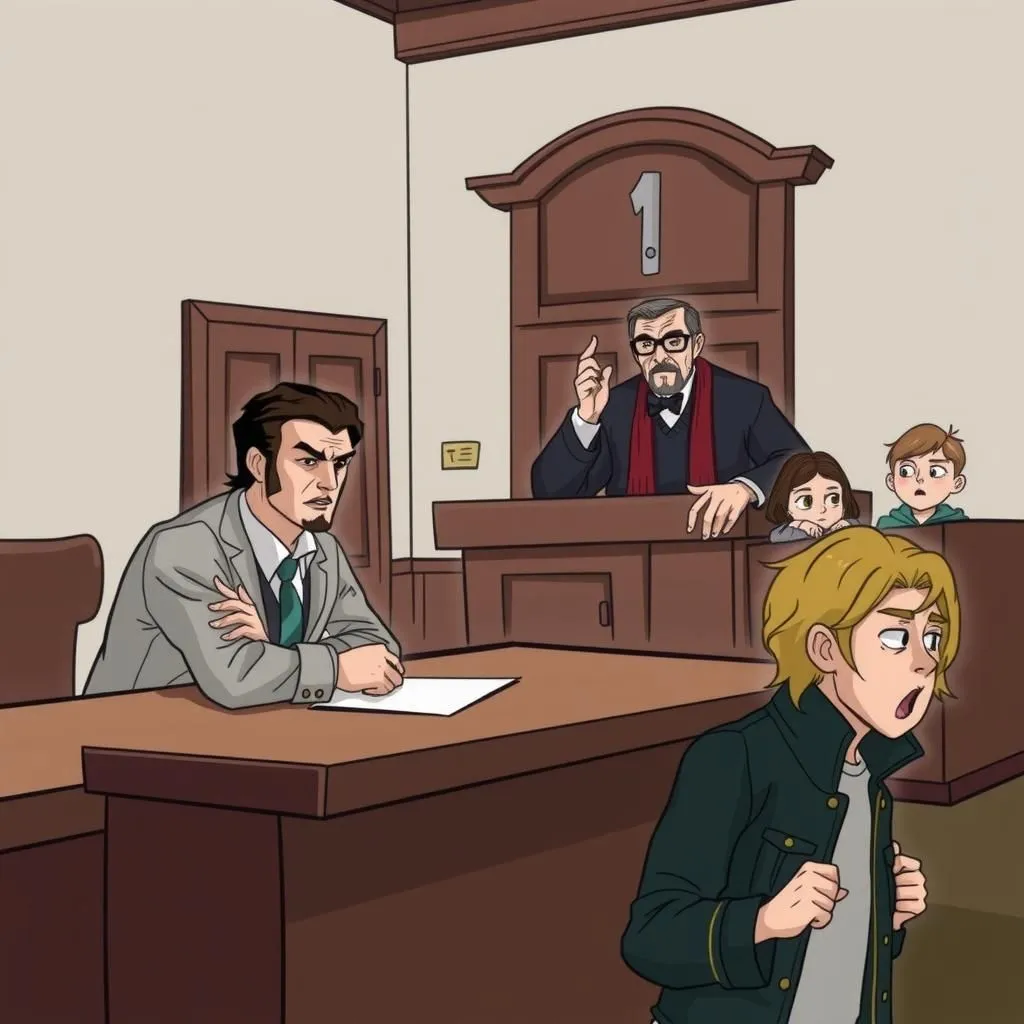
The Honest Cadi
In "The Honest Cadi," a robber who steals a merchant's gold faces the judgment of a Cadi. Cleverly, the Cadi spares the robber's life by accepting half of the stolen gold as a bribe, resulting in a unique punishment where the robber loses only half of his head, leaving him able to converse. This engaging tale serves as a meaningful story with moral lessons for young readers, emphasizing the complexities of justice and temptation, making it an ideal choice for short bedtime stories with moral values.


